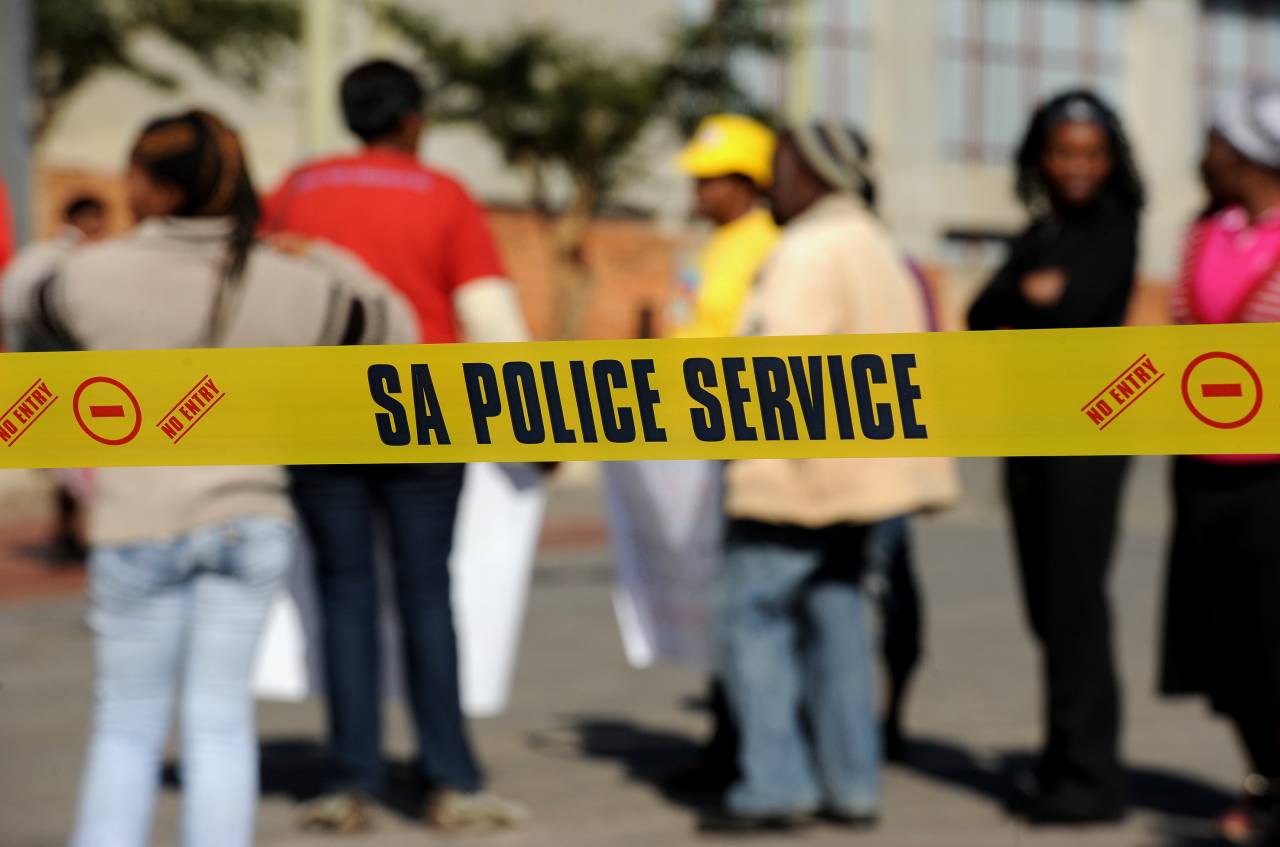News
Inside Gauteng’s Crime Hotspots: Where Danger Lurks and Why

It’s an uneasy truth whispered in taxi queues, across WhatsApp groups, and around braais in Gauteng: some areas have become danger zones. New crime stats released this week by Gauteng Police Commissioner Lieutenant-General Tommy Mthombeni confirm what many already feared, violence continues to grip parts of the province, with kidnappings seeing an alarming spike between January and March 2025.
Kidnapping isn’t a movie plot — it’s become daily reality
In just three months, Gauteng police recorded a 15.8% increase in kidnappings. That’s not just numbers on paper. That’s 77 real people who were rescued , people with families, routines, school runs, jobs.
Thanks to work by the National Anti-Kidnapping Unit, 88 suspects were arrested and 62 dockets opened. Yet as much as the police are cracking down on these syndicates, even Mthombeni admits the problem is far from under control.
“We acknowledge there is still much work to be done,” said the commissioner, highlighting partnerships with private security via the Eyes and Ears Initiative as crucial in tracking down criminals.
But while tech and teamwork help, fear continues to spread faster than hope.
Murder still stalks public places
Though Gauteng has seen a 10.8% drop in murder cases year-on-year, it doesn’t mean the killings have stopped — only shifted. Public places like parks, streets and shopping areas recorded 706 murders, dwarfing the number that occurred in homes or even taverns.
The top 10 precincts for murder? Ivory Park, Jeppe, Orange Farm, and Lenasia are high on the list — all areas where community trust in police is often shaky and service delivery is inconsistent. In some cases, multiple murders happened at the same scene, like a horror film on repeat — including two mass murders that claimed seven lives each.
“Heated arguments and road rage” are behind most killings, not professional hits
A striking part of the stats is that these murders often don’t stem from organised crime. Instead, arguments, road rage, and drunken misunderstandings topped the list. That means the threat isn’t always lurking in a dark alley — it might erupt in traffic or at a family gathering.
Rape, carjackings, and home invasions haunt Gauteng townships
Roodepoort leads the province in rape cases, closely followed by Orange Farm, Alexandra, and Diepsloot. These areas also rank high for other violent crimes, creating an environment where women and girls walk in fear, even during daylight.
Carjackings, meanwhile, remain a terrifying everyday risk in Ivory Park, Mamelodi East, and Akasia. In places like Sandringham and Moroka, carjackings are often tied to broader kidnapping operations — where the stolen vehicle is just the beginning.
Even homes aren’t safe. Loate, Mabopane, and Tembisa are topping the charts for house robberies, where gangs invade while families are asleep or relaxing. These are not opportunists, they’re professionals who know how to bypass gates, alarms, and even dogs.
Ivory Park is the epicentre of it all
Perhaps most worrying is that Ivory Park appears across every crime category. It’s a township where a young man is more likely to be murdered, a mother might be kidnapped on her way home, and a family could be robbed during dinner, all in the same week.
Locals here say they’ve stopped bothering to report crimes. “Even if you survive, what’s the point?” one resident told us, shaking their head. “We just pray every night.”
Social media outrage, but little changes
Every time crime stats drop, South Africans take to X (formerly Twitter) and Facebook to vent:
“We live in a warzone,” wrote one user from Orange Farm.
“SAPS doesn’t protect us — we protect ourselves,” posted another from Tembisa.
But beyond the outrage, not much shifts. Community policing forums are underfunded. Trauma support is scarce. And in many of these hotspots, police visibility fades the minute the news cameras leave.
A long shadow of inequality
Many of these crime-ridden communities share a common thread deep, structural neglect. Underinvestment, youth unemployment, and overcrowded schools make these areas breeding grounds for hopelessness and crime. It’s not just a policing problem, it’s a social one.
So what now?
Gauteng authorities say they’re committed to change. There are promises of more patrols, smarter tech, and stronger private-public partnerships. But change won’t happen overnight and until it does, for many, survival means looking over your shoulder, every day.
Crime stats are not just data they’re the lived experience of thousands of Gauteng residents.
If you live in or near any of these hotspots, stay alert, share information safely, and get involved with your local CPF if possible. Your safety and your voice matter.
{Source: The Citizen}
Follow Joburg ETC on Facebook, Twitter , TikTok and Instagram
For more News in Johannesburg, visit joburgetc.com


























